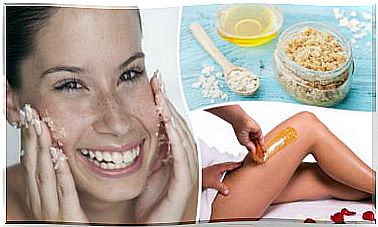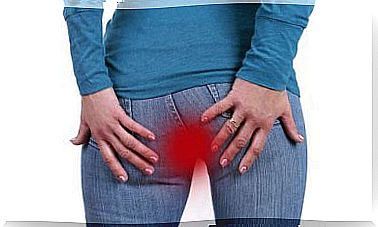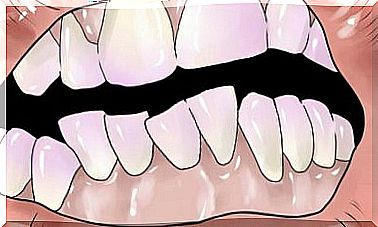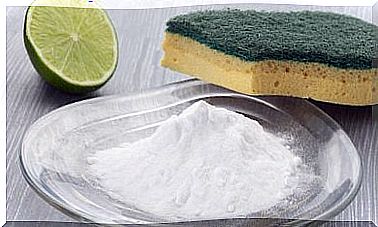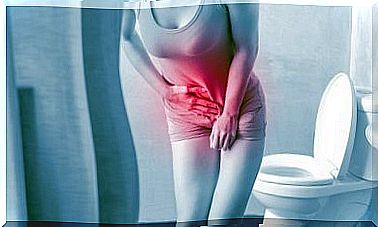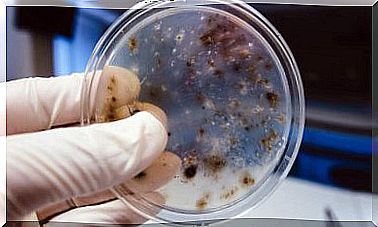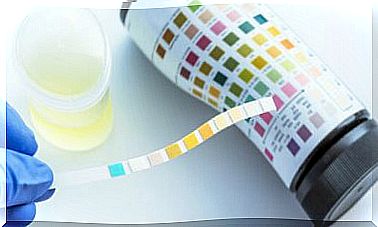Fever In Young Children: What To Do
Fever in young children can be worrisome, especially when accompanied by other symptoms. Luckily, there are simple steps to safely speed up your recovery.
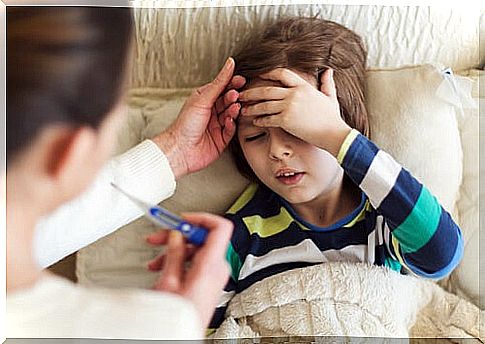
Fever in young children is one of the most worrying symptoms for parents. To such an extent that it is one of the main reasons why they usually take the little one to the pediatric emergency room. However, most of the time, fever is the result of mild conditions and does not require specific treatment.
This symptom is a response of the immune system to the presence of infectious agents such as viruses and bacteria. Therefore, although it is alarming, it is not always necessary to administer some medication or therapy to reduce it.
However, considering that it can be accompanied by other discomforts, it is good to know some measures that safely accelerate its relief. Next, we review some recommendations and the cases in which you should consult your doctor.
Tips for managing fever in young children
To speak of fever in young children, the body temperature must be above 38ºC. It can often be seen when little ones go through bouts of the flu, urinary tract infections, or intestinal problems. How can it be controlled?
Offer you healthy fluids
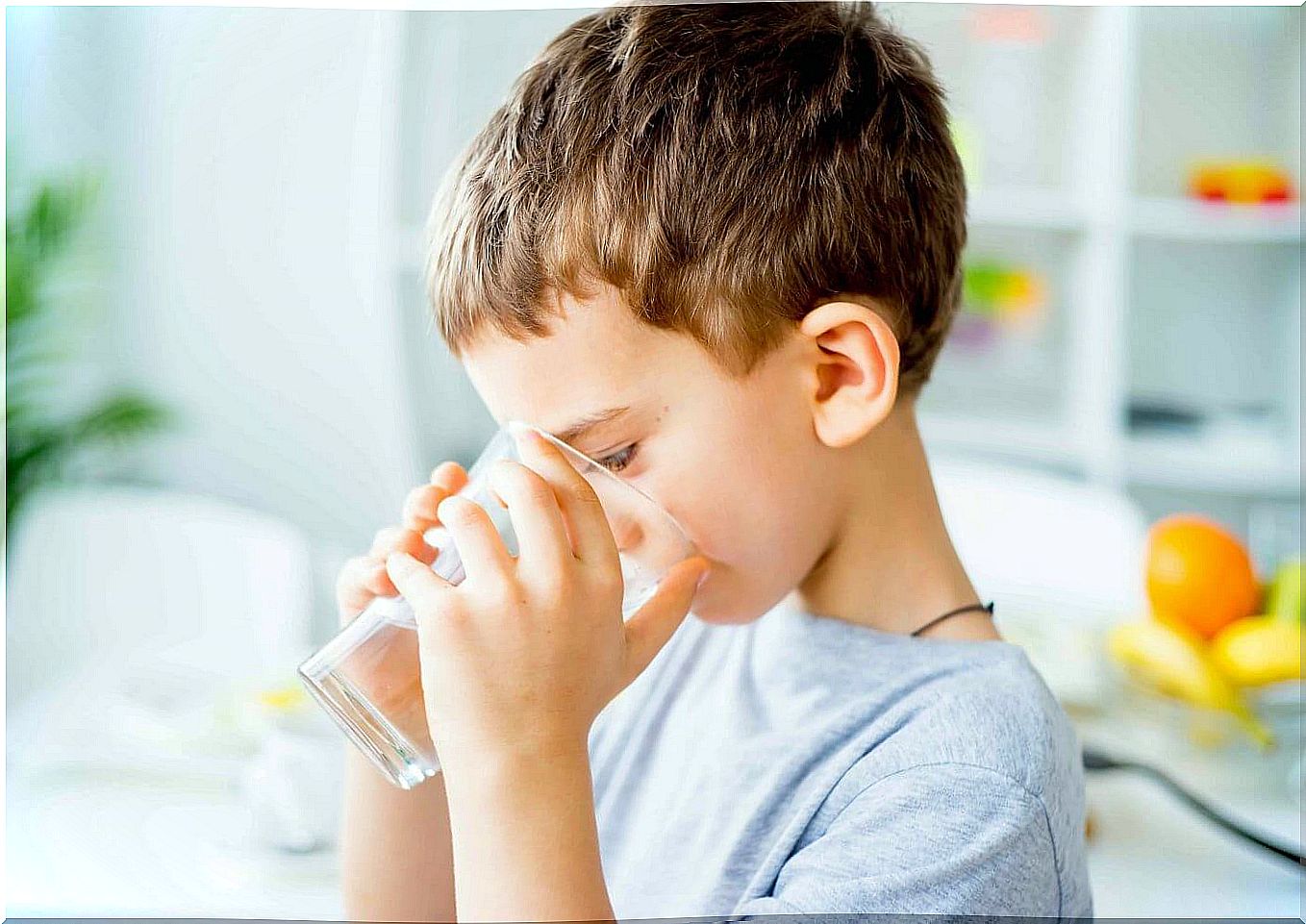
Providing healthy fluids is one of the main measures to support children’s recovery from a fever episode. It should be considered that the increase in temperature can be accompanied by excessive sweating and dehydration.
Therefore, to prevent minors from suffering decompensation, they should be given plenty of water, natural juices and broths. Likewise, if they have had diarrhea or vomiting, as a complement they can be given isotonic drinks or serums.
Do not always try to lower the fever
Fever is a simple defense mechanism that activates the body against infectious processes. Because of that, it is not always necessary to use medications to control it. If the child is well and has a fever, you just have to wait for it to pass.
Keep it in a cool environment
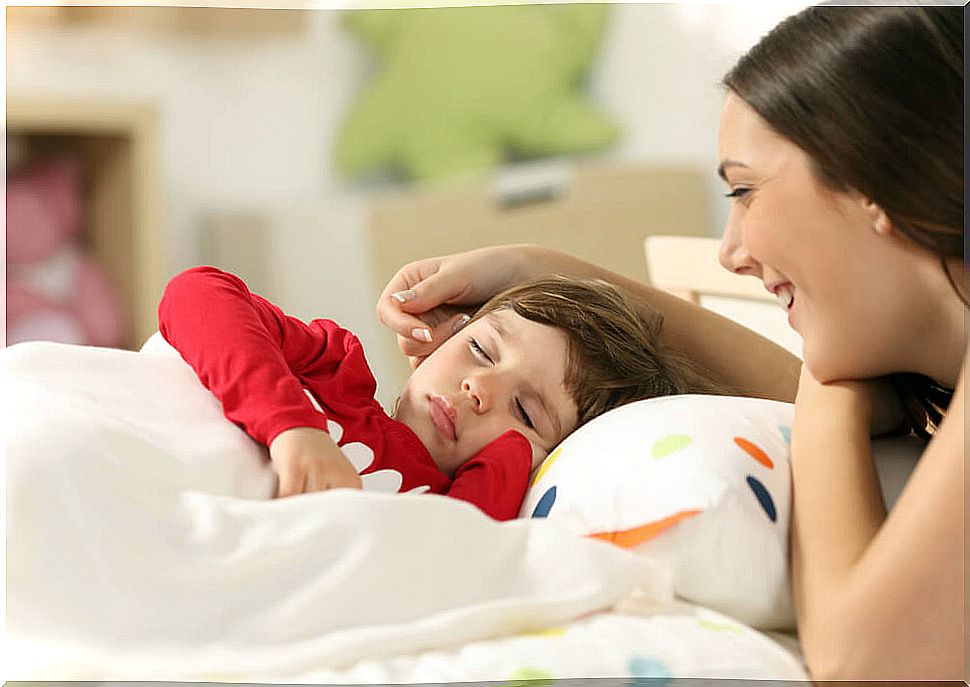
Many parents choose to overdress their children when they notice they have a fever. However, far from causing them a benefit, it can be counterproductive. The increase in body temperature can occur when the child is in a very warm environment.
So to reduce their discomfort you have to try to keep them cool. If the fever is equal to or higher than 38ºC, they must be kept away from any source of heat and put on fresh clothes. The warmer they are, the worse they will feel.
Avoid the use of antibiotics and aspirin
For no reason should antibiotics be used without the recommendation of the pediatrician. Although these drugs control bacterial infections, they are not effective against viruses. In addition, they usually have side effects that should be considered before consumption.
It is also not advisable to use acetylsalicylic acid or aspirin to reduce fever in young children and adolescents. This drug can increase the risk of Reye’s syndrome, a rare and serious complication that can have fatal consequences.
Using medications recommended by the pediatrician
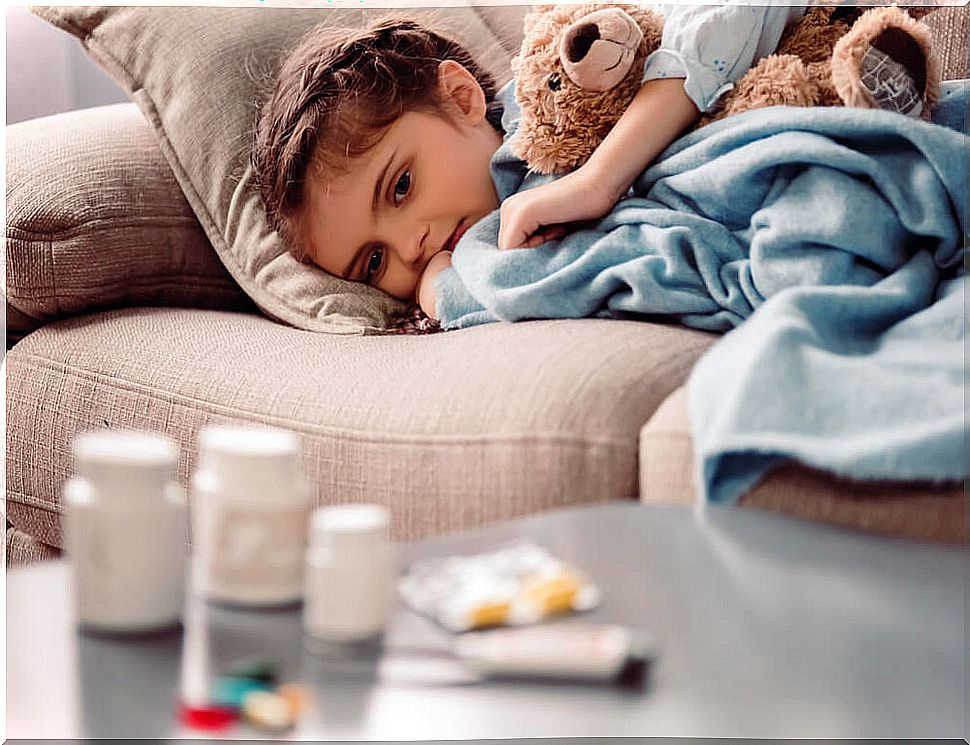
If the pediatrician considers the use of antipyretic drugs appropriate, they should be used according to their indications. In general, they are only advised when the symptom is accompanied by pain and general discomfort.
Ibuprofen and acetaminophen are often recommended for children. However, there may be other pharmaceutical measures depending on the underlying cause of the fever. For its doses, the age and weight of the child are taken into account; therefore, it is convenient to consult.
Give him a warm bath
Under no circumstances should you try to lower a fever in young children with cold baths, ice packs, or alcohol rubs. Sudden drops in temperature are harmful and disrupt the fever’s ability to act as a defense.
However, a shower with warm or lukewarm water can refresh the child, which reduces some discomfort. To increase their well-being , they can be given a short bath in the morning or before going to bed.
When to go to the emergency room for fever in young children?
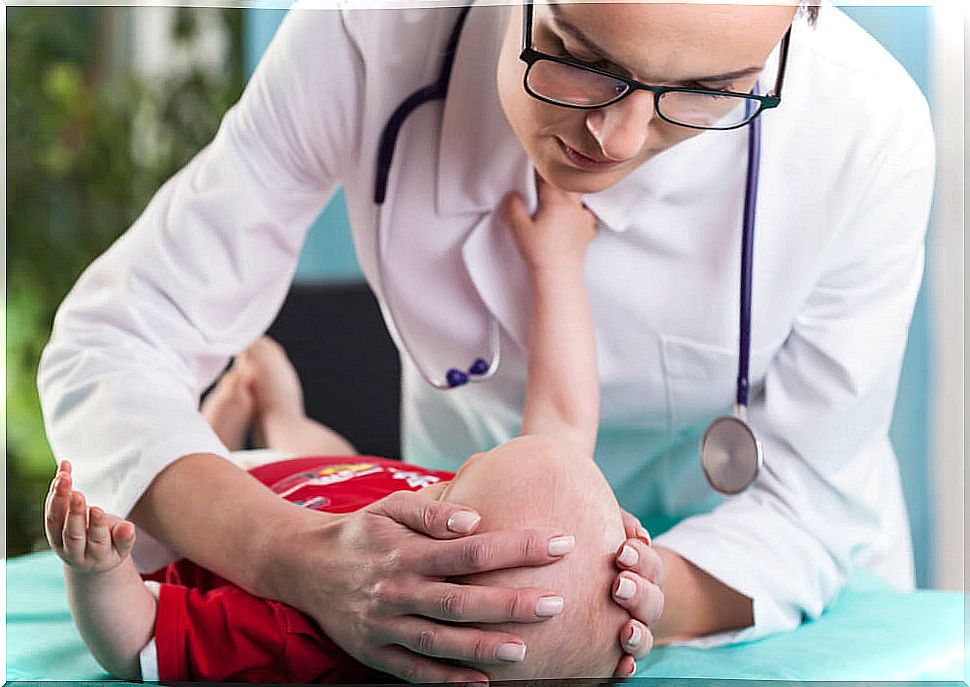
If the fever in young children marks a degree equal to higher than 40ºC, it is essential to see a doctor as soon as possible. Pediatrician intervention should also be requested if the symptom lasts for several days or if there are any signs of complications such as:
- Depression or irritability
- Intense headache
- Constant vomiting
- Signs of seizure
- Fast breathing or chest wheezing
- Red spots on the skin that don’t go away
- Loss of appetite
- Earache
- Changes in urination habits, scanty and cloudy urine
In short, it is not always necessary to worry about fever in young children. Although it may indicate an infection, it almost always clears up without the need for treatment. However, in case of any alarming symptoms, it is best to consult your pediatrician.
